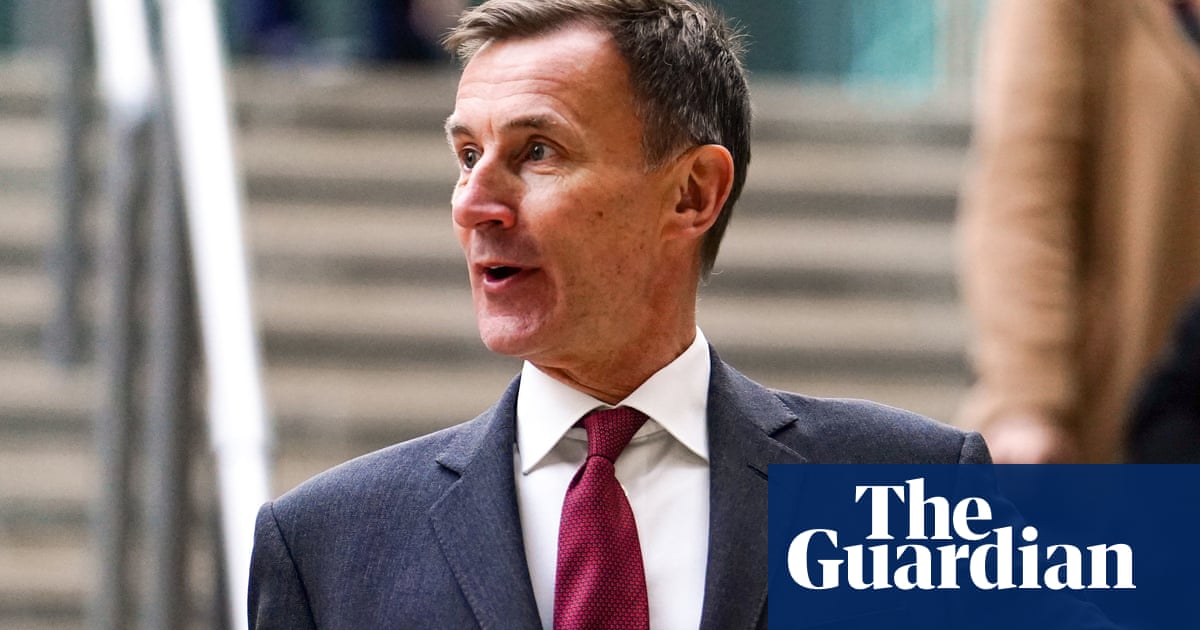
All over-50s and high-risk groups in the UK have been offered a coronavirus vaccine a few days before the mid-April deadline set by the government – meaning the second phase of the rollout to younger cohorts can now begin.
Despite fears of a supply slowdown and possible knock in confidence after a change in advice on who could get the Oxford/AstraZeneca jab, Boris Johnson hailed the passing of “another hugely significant milestone”.
With more than 32 million people now having had a first dose and 7.6 million of those having received their second, the prime minister said “many thousands of lives” had been saved.
The government had promised all those in the first phase of the vaccine rollout in categories one to nine – which included people over 50, care home residents and staff, frontline health workers and the clinically vulnerable – would be offered a vaccine by 15 April.
On Monday evening, a few days early, Johnson announced that the target had been reached, and the Joint Committee on Vaccination and Immunisation – which advises which groups should be prioritised for a jab – are to publish their final advice later this week on who should be next in line.
He hinted that their current plan would continue, suggesting those in their late 40s will be offered a vaccine next. The JCVI’s interim plan published at the end of February said the rollout should continue down the age groups – to those over 40 first, then over-30s and finally over-18s.
Sir Simon Stevens, chief executive of the NHS in England, said: “Vaccinating 19 out of 20 people aged 50 and over is an incredible milestone. Thanks to our NHS nurses, doctors, pharmacists, operational managers and thousands of other staff and volunteers, the NHS Covid vaccination programme is without a doubt the most successful in our history.”
Jonathan Ashworth, Labour’s shadow health secretary, said the news was “hugely welcome progress”, and paid tribute to the NHS. However, he said he wanted to “drill down into the figures” and warned “there are pockets where uptake is lower than average, often in areas of disadvantage”.
He added: “This must be urgently addressed by ministers so no area is left behind. There will be no ‘levelling up’ if Covid remains stubbornly endemic in parts of the country.”
There was concern that the government’s next target, to offer all adults a dose by the end of July, could be harder to hit, after the JCVI advised that under-3os be offered an alternative vaccine to AstraZeneca where possible, following concerns over blood clots, of which there may be an extremely small risk.
Ministers maintained that there would be no slowdown to the roadmap out of lockdown – the next step of which would allow six people to meet indoors and 30 to gather outside from 17 May at the earliest – and said the next vaccine target would be met.
Matt Hancock, the health secretary, said the “significant impact” of vaccines had seen pressures on hospitals reduced, meaning it should be possible to ease restrictions. He added: “I urge everybody eligible to come forward for their vaccine as soon as possible to protect yourself and your loved ones.”
While the number of daily doses administered has remained broadly stable, the seven-day rolling average has recently dipped back down to levels first seen at the start of March. Johnson had tried to set expectations by telling people the number of first doses would likely dip while the rollout focused on making sure those who had their first jab in the winter were fully inoculated with their second.
NHS England warned several weeks ago that from the end of March there would be a “significant reduction in weekly supply available from manufacturers … meaning volumes for first doses will be significantly constrained”.












